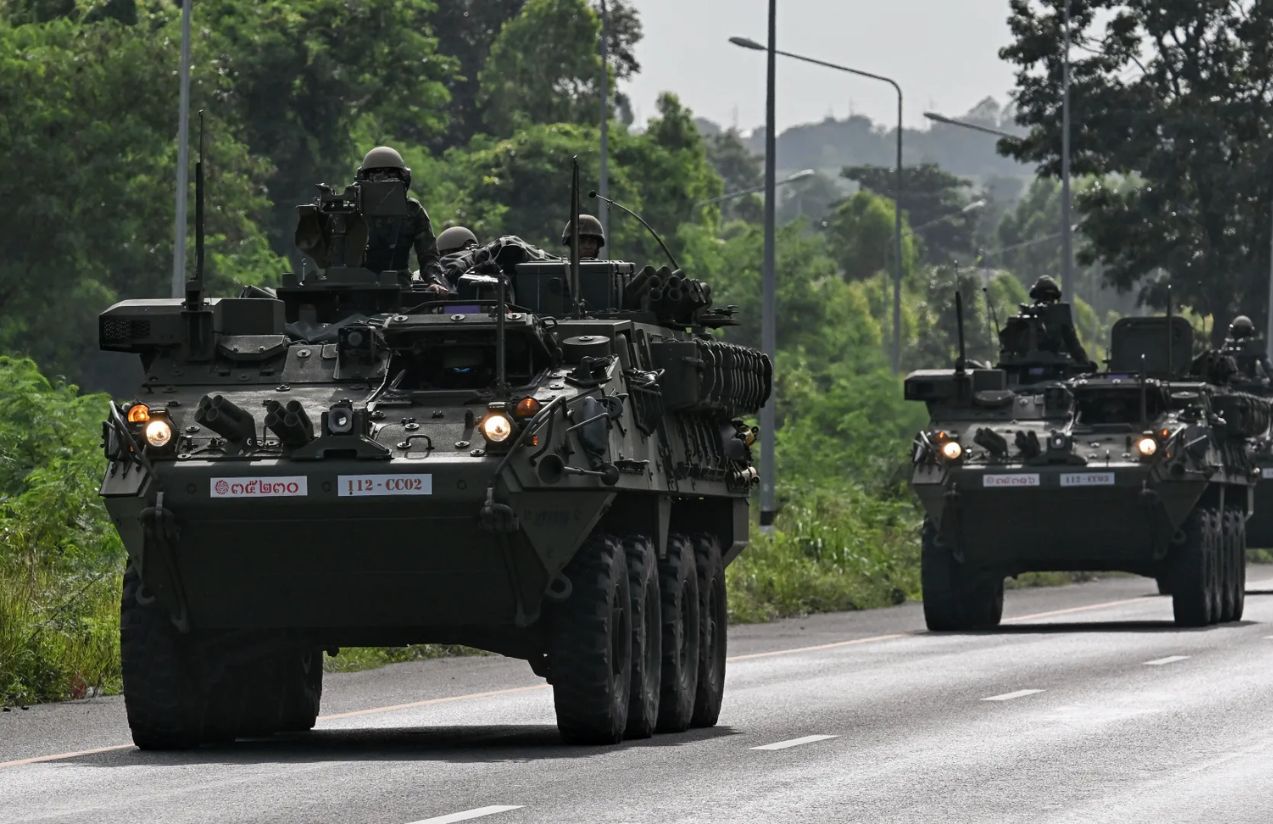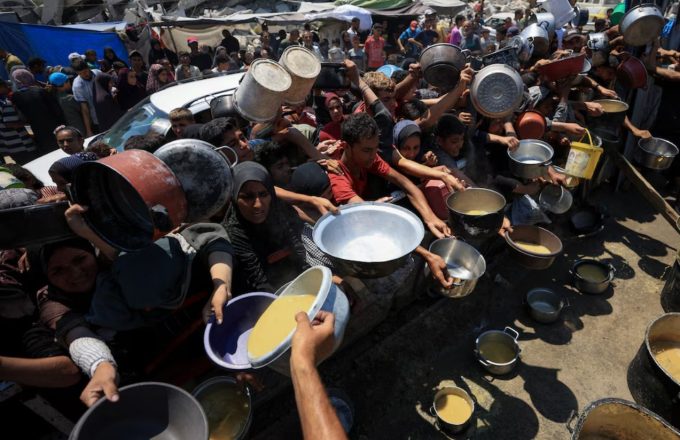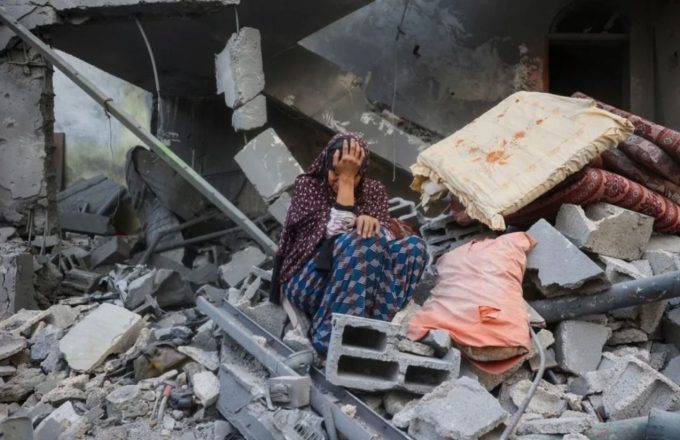Armed clashes erupted Thursday between Thai and Cambodian forces along a long-contested stretch of their shared border, sharply escalating tensions that have been simmering for months.
The exchange of fire included gunshots, shelling, and rocket launches. According to Thai authorities, at least eleven Thai civilians were killed and fourteen others injured across three provinces. In retaliation, Thailand carried out airstrikes targeting Cambodian positions.
This marks the second major military confrontation since May, when a Cambodian soldier was fatally shot in the disputed area. The latest escalation came just hours after both countries downgraded diplomatic ties following a landmine explosion that injured several Thai soldiers.
Thailand’s Ministry of Defense reported that fighting continues in at least six locations along the border. The first clash on Thursday morning occurred near the ancient Ta Muen Thom temple, straddling Thailand’s Surin province and Cambodia’s Oddar Meanchey province.
The current flare-up stems from a skirmish in May, when Thai and Cambodian forces briefly exchanged fire in a relatively small and contested border zone, which both countries claim as their own. Both sides insisted they acted in self-defense, and one Cambodian soldier was killed.
Although both governments later claimed to have reached an agreement to ease tensions, a series of non-military but provocative actions kept the situation volatile.
Thailand imposed strict border controls, allowing crossings only for essential needs such as students and medical patients. On Thursday, authorities announced a complete border closure.
Cambodia responded with cultural and economic retaliation: banning Thai TV shows and films, halting imports of Thai fuel, fruits, and vegetables, and partially severing internet links and electricity supply from Thailand.
The border conflict has also triggered political turmoil in Thailand. Prime Minister Paetongtarn Shinawatra was suspended from office on July 1 pending an ethics investigation into her handling of the dispute.
The suspension followed a leaked phone call in which Paetongtarn referred to former Cambodian Prime Minister Hun Sen as “uncle” and criticized Thailand’s military leadership—comments widely seen as undermining national sovereignty.
Although Hun Sen stepped down in 2023 and was succeeded by his son Hun Manet, he remains influential as president of Cambodia’s Senate. Hun Sen had long been close to Paetongtarn’s father, the controversial former Thai Prime Minister Thaksin Shinawatra, but the border conflict has strained that relationship.
The leaked conversation sparked widespread outrage and street protests. The ruling Pheu Thai Party’s coalition was further weakened when its second-largest partner, the Bhumjaithai Party, withdrew support, citing Paetongtarn’s allegedly soft stance toward Cambodia. After issuing a public apology, Paetongtarn was replaced by former Defense Minister Phumtham Wechayachai as interim prime minister.
Border disputes between Thailand and Cambodia are nothing new. The two countries share more than 800 kilometers (500 miles) of land border, much of it based on a 1907 map drawn under French colonial rule. Cambodia relies on that map to assert its claims, while Thailand argues that the document is inaccurate.
The most violent and high-profile clashes have occurred around the 1,000-year-old Preah Vihear temple, a symbolically and strategically important site that remains at the heart of the dispute.




















